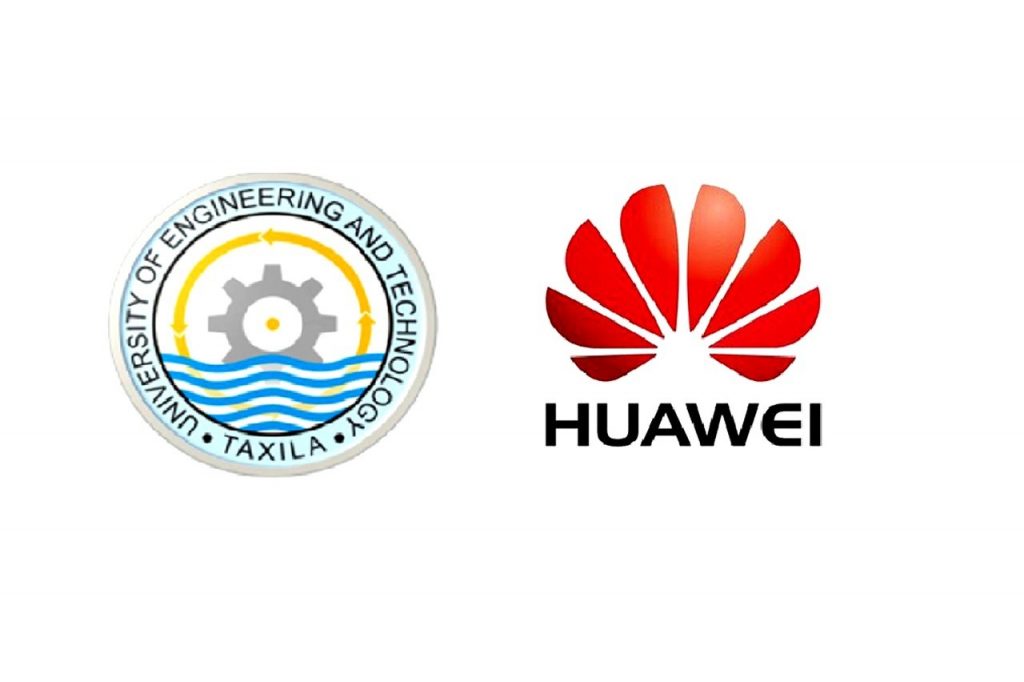
However, the digital patterns that have emerged as a result of the epidemic call for a rethinking of the ICT talent pipeline. Universities in Pakistan, like universities around the world, must adapt their teaching and operational methods to meet the demands of an increasingly digital environment.
What are the best ways for our colleges to meet this challenge? The first step is to acknowledge that traditional classroom education is insufficient to provide pupils with the well-rounded skillsets that modern businesses want. To supplement the theoretical classroom teaching, students require hands-on expertise and extensive practical exposure. To do this, colleges must collaborate with the larger ICT ecosystem in order to take advantage of the technical advantages that only IT businesses can provide.
The University of Engineering and Technology (UET), Taxila, was one of the first universities in Pakistan to recognize the value of partnerships to benefit our students and the greater economy. One of the institution’s most successful partnerships is with Huawei, which is working with the university to upgrade its computer training curriculum as well as create a future campus.
Huawei ICT Academy, a school-enterprise collaboration project established to assist forge a deeper talent ecosystem, is housed at UET Taxila. Huawei assists universities in cultivating ICT talent that meets industry requirements, offering high-quality talent for industry development, by strengthening the cooperation mechanism between universities and enterprises. Huawei ICT Training Courses are now part of UET Taxila’s Computer and Telecom Curriculum.
A programme for advanced education should be delivered in a similar environment. That is why UET Taxila has made the creation of a smart campus a top priority. The university’s leadership entrusted Huawei with the implementation of a large-scale Smart and Safe Campus Project based on Huawei ICT infrastructure. As a result, the Huawei Smart Classrooms at UET Taxila and partner institution Fatima Jinnah Women University have enabled live video conferencing as well as online lecture broadcasting and recording.
We are eager to help Pakistan’s objective of establishing a knowledge-based economy now that this digital foundation has been established. The establishment of a cutting-edge ICT infrastructure is critical to this effort. The government has already put in place the policy framework for 5G deployment, with the goal of having it operational by April 2023. Countries in our region that have already implemented 5G have seen tremendous gains. Since rolling out 5G, carriers in Kuwait, one of the Middle East countries with the earliest and fastest 5G development, have seen a 4 percent increase in revenue and a 13 percent increase in profitability.
Beyond connectivity, 5G would help Pakistan achieve its Vision 2025 by supporting the growth of vertical sectors. Currently, 5G use cases have been deployed with positive results in industries such as Digital Oil & Gas and Smart Port, and we anticipate to see 5G enable additional industries in the future.
However, deploying 5G successfully necessitates a set of abilities. Again, industry collaborations with technology suppliers will be critical in providing 5G training to our kids. Huawei is expanding 5G training in conjunction with colleges where the technology is available, providing 5G training credentials, and collaborating on creative 5G real-world initiatives. Additionally, Huawei’s annual skills development initiatives, such as Seeds for the Future, now provide students with important opportunity to immerse themselves in cutting-edge ICT technologies like 5G and get practical experience. As a result, UET Taxila plans to collaborate with Huawei on 5G test deployment and research as the technology matures.
Rapid deployment of modern technologies, on the other hand, is fraught with dangers. Because of the increased threat landscape brought on by fast digital transformation, the world faces serious cybersecurity risks. This is not unique to Pakistan. In order to combat cybercrime, collaboration is essential. A safer network is a shared responsibility, and we applaud global technology companies like Huawei for partnering with educational institutions to train students in cybersecurity mitigation efforts.
The Pakistani administration supports their aim of working together across borders for mutual benefit. Dr Arif Alvi, praised Huawei Academy’s collaboration with more than 80 universities in Pakistan to develop new talent in a recent speech. He praised global firms’ efforts to develop an environment for tapping talent, citing the high number of students undertaking ICT training.